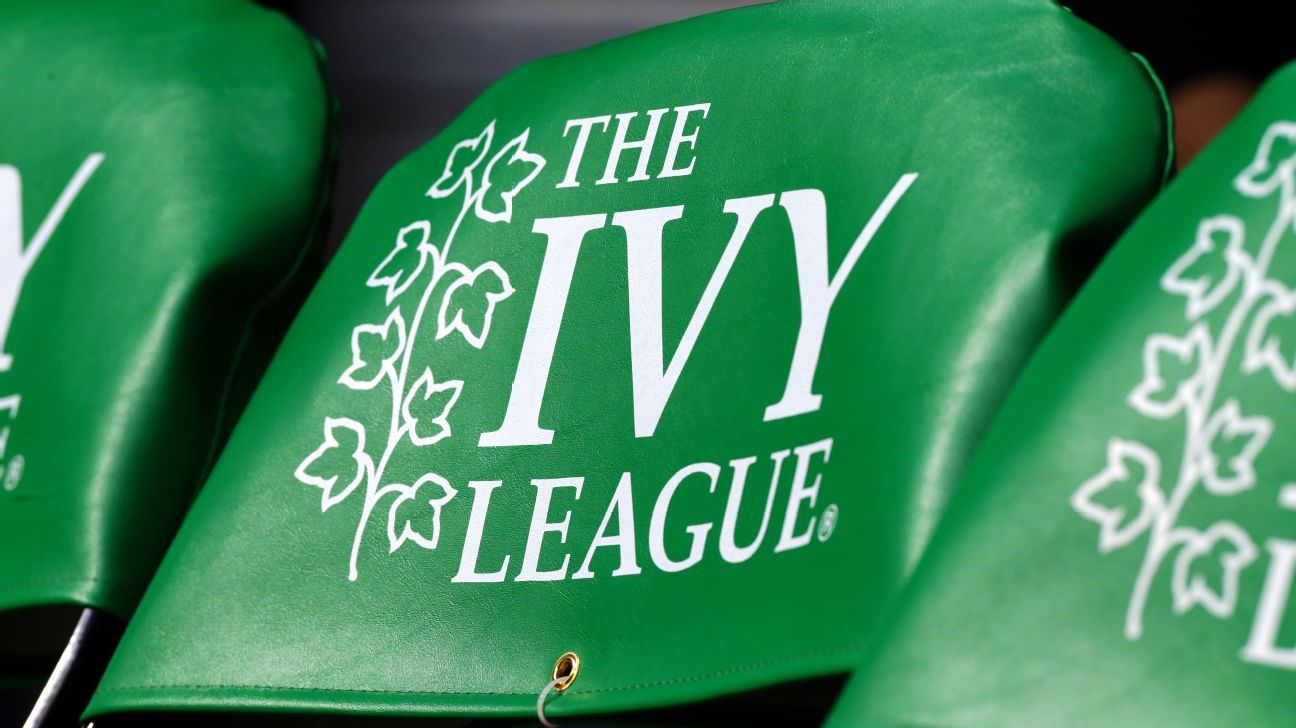Congress has allowed another layer of legal antitrust protection related to college athletics to expire this Friday.
The law, which is officially removed at the end of the day Friday, previously granted an exemption to Ivy League schools that allowed them to prohibit merit-based scholarships to all students, including their athletes. Without that Congressional protection, the league becomes more vulnerable to lawsuits that claim schools are colluding with one another in order to avoid competing for the most talented students.
Officials from the Ivy League did not respond to multiple questions about whether they plan to change their policies in the absence of a Congressional exemption.
The college sports business model has been reformed and regularly threatened by antitrust lawsuits throughout the past decade. Most notably, the Supreme Court voted unanimously in June 2021 to uphold a ruling that stated that members of the NCAA could not collude to limit the academic-based compensation they provide to athletes. A concurring opinion from Justice Brett Kavanaugh suggested that the court system ought to reconsider allowing the NCAA to limit any type of compensation for athletes — a shift that if it happened would open the door for schools paying their athletes directly.
“Nowhere else in America can businesses get away with agreeing not to pay their workers a fair market rate on the theory that their product is defined by not paying their workers a fair market rate,” Kavanaugh wrote.
The NCAA and college sports leaders from conferences and schools responded by asking members of Congress to draft new legislation that would include, in part, an antitrust exemption to make it easier for the NCAA members to regulate how athletes are compensated. After multiple years of lobbying and roughly a dozen proposed bills related to the future of college sports, the idea of an antitrust exemption remains unpopular among lawmakers on Capitol Hill. The decision to allow the Ivy League exemption to expire does not bode well for any remaining hopes among college sports leaders that the NCAA might receive any type of similar exemption.
The Ivy League exemption was first signed into law in 1994 and was renewed three times in the past three decades. While no hearings were held on the potential for extending it a fourth time, Senators Marco Rubio (R-FL) and Mike Lee (R-UT) spoke out against the exemption.
“[A]nticompetitive agreements, often between Ivy league universities, have impeded hundreds of thousands of students’ ability to receive competitive financial awards while faced with skyrocketing education costs,” Rubio and Lee wrote in a letter published in August.
